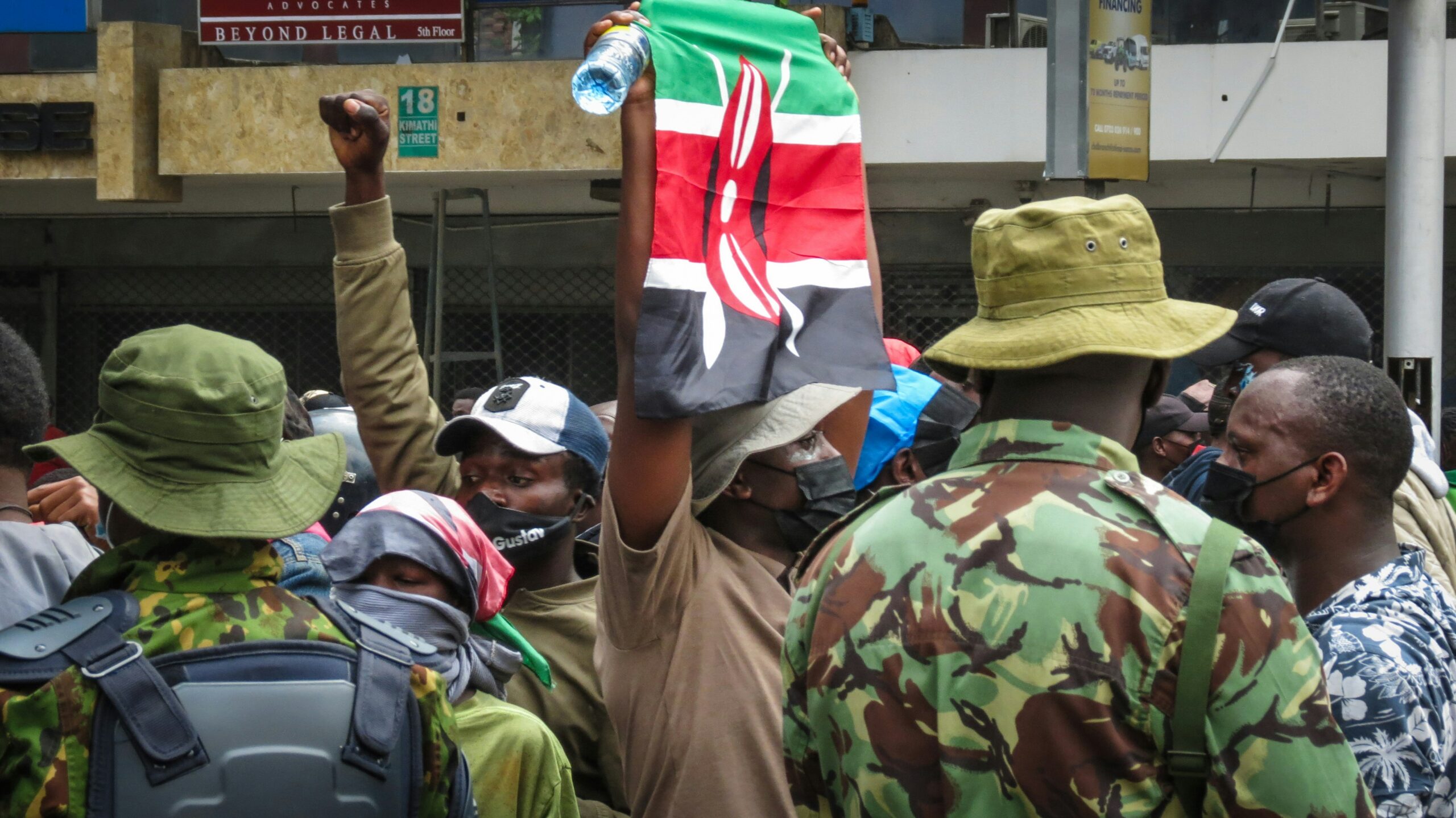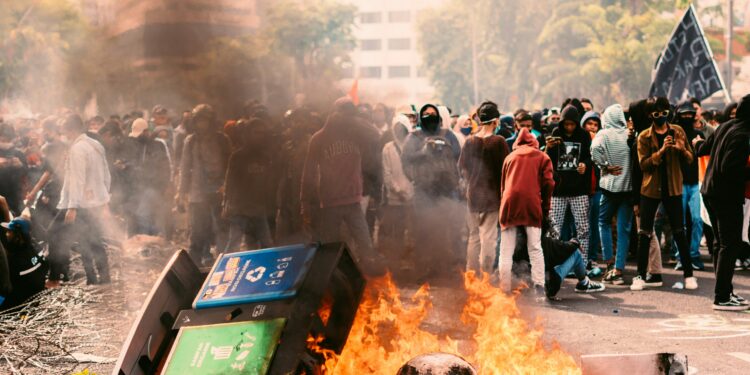What should have been a solemn national moment of mourning for political icon Raila Odinga instead became another chapter in Kenya’s history of state violence. When security forces opened fire on thousands of peaceful mourners gathered at a Nairobi stadium to pay their respects, they didn’t just disperse a crowd—they desecrated a memorial and turned collective grief into a bloody tragedy, leaving at least two people shot dead.
There is no justification for firing live ammunition, even into the air, at a stadium packed with citizens mourning a beloved leader. The claim that this was done to “disperse” the crowd is a feeble excuse for a catastrophic failure of judgment and protocol. The only threat these mourners presented was the power of their collective emotion and their sheer numbers—a sight that clearly panicked a security apparatus more accustomed to suppressing dissent than managing grief.
The solution is not another empty promise of an internal review. It demands an immediate, independent investigation to identify and prosecute every officer and commander responsible for giving the order to fire. The culture of impunity that allows Kenyan security forces to reach for guns as a first resort must end now.

The Human Cost of a State’s Panic
Behind the number “at least two” are lives brutally cut short while engaged in one of the most fundamental human acts: honoring the dead. These were not rioters; they were mourners. Their final memory of Raila Odinga will not be a peaceful tribute, but the sound of gunshots and the ensuing panic.
This violent response to a public viewing of a body reveals a disconnect between the state and its citizens, treating national grief as a public order problem to be solved with force. The path forward requires more than condolences; it requires the government to publicly acknowledge this as a gross abuse of power and compensate the victims’ families, not as a gesture of charity, but as an admission of culpability.
A Legacy Marred by Violence
Raila Odinga spent decades fighting for a more democratic Kenya. It is a devastating irony that the state’s response to his final farewell has been so starkly undemocratic. This violence betrays his legacy and pours fuel on the very political tensions he sought to calm. The solution for Kenya is for its leaders to immediately de-escalate, to honor Odinga’s memory not with bullet casings, but with a renewed commitment to dialogue and respect for the citizens they serve. The world is watching to see if Kenya’s government will choose to heal the wound it has just opened, or if it will let the nation bleed.

















